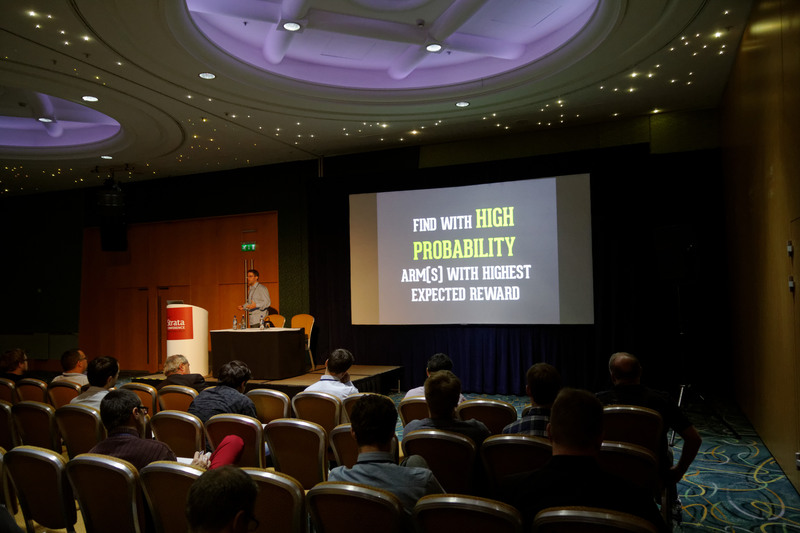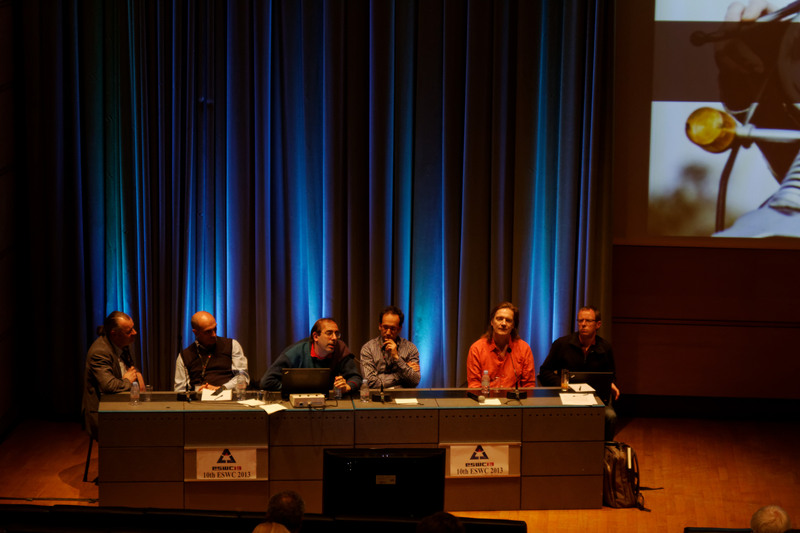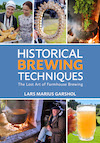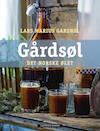The solera paradox
After I wrote about the ever-lasting Christmas beer, I read on the Wikipedia page for solera that soleras are used for vinegars, too, and some Italian producers then report the age of the entire solera as the age of their vinegar. The logic being that (a) "Italian labeling laws permit blended vinegar to be labeled with the age of the oldest vinegar in the blend" and (b) consumers are impressed. I woke up the next morning wondering ... what age should they have put? That is, if I were writing the law, what would I require them to state on the labelling? ...
Read | 2014-12-24 14:41 | 5 comment(s)
Advances in active learning
I've come up with two improvements to the genetic algorithm with active learning since I first implemented it. One of them is the sort of thing that could make for a publishable research paper, but it's very likely that the idea has already been invented and published by somebody else. Which means I'm not very tempted to go through all the work of making a formal paper, only to have it rejected by reviewers as already known. Hence this blog post. ...
Read | 2014-02-23 20:57 | 1 comment(s)
HashMap or sequential scan?
In Duke (an engine for finding near-duplicate database records) there is an interface is called Record, which represents a record to be indexed or compared against other records. The interface has the methods you would expect, such as the following: ...
Read | 2014-02-16 19:19 | 0 comment(s)
Architectural problems with archive web services
I've already been through the problems with the NOARK standard, and hinted at issues with the way the web services to these systems have been designed. What I describe here applies not just to the semi-standardized NOARK web services, but also to the proprietary interfaces offered by the archive products. ...
Read | 2013-12-15 11:19 | 0 comment(s)
Archive web services: a missed opportunity
In my earlier piece on NOARK systems I accused the National Archives of standardizing the one thing that should not be standardized: the internal model. This, of course, raises the question of why not, and if not, what should have been standardized instead. ...
Read | 2013-11-24 11:41 | 0 comment(s)
Impressions from Strata London 2013
The first thing that struck me about the conference was that it had to be a fairly new conference. Speakers and attendees didn't really seem to know one another from before. The program was a bit of an odd mix, just like the attendees. And so on. It was still a very interesting conference, however, and the presentations of unusually high quality, so I very much recommend it. ...
Read | 2013-11-20 08:44 | 2 comment(s)
The curse of NOARK
I'm writing about a phenomenon that's specifically Norwegian, but some things are easier to explain to foreigners, because we Norwegians have been conditioned to accept them. In this case I'm referring to the state of the art for archiving software in the Norwegian public sector, where everything revolves around the standard known as NOARK. ...
Read | 2013-10-30 10:24 | 3 comment(s)
Active learning, almost black magic
I've written Duke, an engine for figuring out which records represent the same thing. It works fine, but people find it difficult to configure correctly, which is not so strange. Getting the configurations right requires estimating probabilities and choosing between comparators like Levenshtein, Jaro-Winkler, and Dice coefficient. Can we get the computer to do something people cannot? It sounds like black magic, but it's actually pretty simple. ...
Read | 2013-10-20 13:03 | 6 comment(s)
Semantic Web adoption and the users
A hot topic at ESWC 2013, and many other places besides, was the issue of Semantic Web adoption, which after a decade and a half is still less than it should be. The thorny question is: what can be done about it? David Karger did a keynote on the subject at ESWC 2013 where he argued that the Semantic Web can help users manage their data. I think he's right, but that this is only a very narrow area of application. In any case, end users are not the people we should aim for if adoption of Semantic Web technologies is to be the goal. ...
Read | 2013-10-18 15:43 | 2 comment(s)
Big Data and the Semantic Web
This was the theme for ESWC 2013, so it's clearly a subject on people's minds. There was even a panel debate about it, at which I found my thoughts on the subject to be very different from those presented by the panel speakers. So I decided to do a little write-up of my thoughts to add to the conversation. ...
Read | 2013-10-13 12:00 | 0 comment(s)












